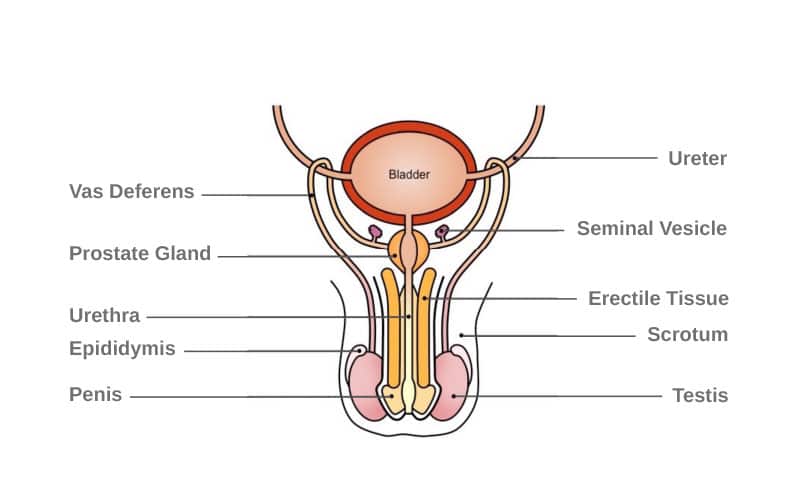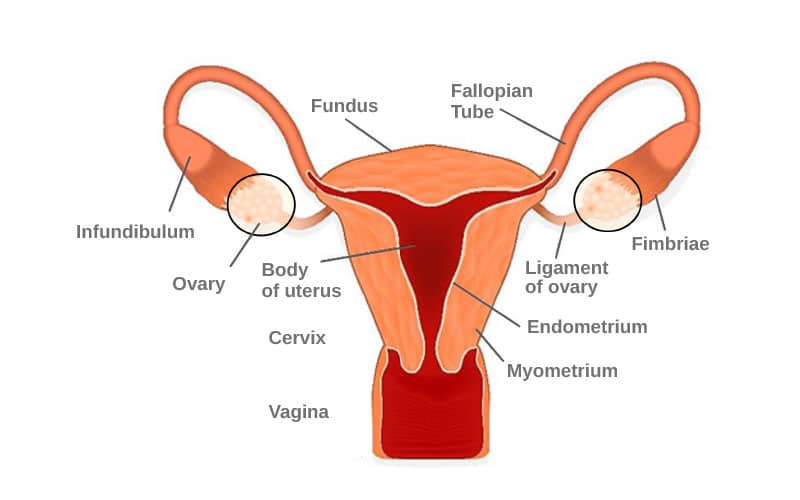As a dedicated healthcare provider, you are always seeking the best solutions to enhance your patients' well-being. At Pellecome, we share your commitment to excellence. Our innovative Bio-Identical Hormone Replacement Therapy (BHRT) offers a superior method for achieving hormone balance to integrate into your practice. Give your patients the highest quality, natural hormone therapy available, supported by a streamlined administration process that is effective and easy to implement.
What is BHRT?
BHRT stands for Bio-Identical Hormone Replacement Therapy. Note that the “B” stands for Bio-Identical, not biosimilar. During the development of a therapeutic project, any modification in the manufacturing process can create slight changes in the structure of the resulting drug, thus creating a “biosimilar.” [McCamish, Clinical Pharmacology & Therapeutics 2012 /p409 A]. The term “Bio-Identical,” as defined by experts from The Endocrine Society, is a compound that has exactly the same chemical and molecular structure as the hormones produced in the human body. [Files Mayo Clinic Proceedings 2011 /p674 A]
Hormone Imbalance
A simple way to describe hormone imbalance is that any of your hormone levels are not within the expected normal range. Because hormones are kept within a certain range to perform specific functions, hormone imbalance can be associated with a variety of symptoms and functional changes in the body.
Hormone imbalance in men and women differs because of the hormones involved and the function of the hormones that are not within the normal range or not functioning properly.
Hormone Imbalance in Men

Changes in Testosterone Levels
Testosterone deficiency is present in a percentage of men aged 50–69 years and in an even greater proportion of men 70 years and older. Unwanted consequences include decreases in: [Little, Current Diagnosis and Treatment 2014 /p8 B]
+ Muscle mass and strength
+ Bone mass
+ Sexual interest and ability to function sexually
+ Cognitive function
They may also experience increases in fat mass. It is unknown, however, whether these changes can all be attributed to declines in testosterone levels or whether there are other contributing factors. [Little, Current Diagnosis and Treatment 2014 /p8 B]


Hormone Imbalance in Women
Decreased estrogen levels are a significant form of hormone imbalance in women. While it’s often a normal part of aging, it's important to consider its impact, as many women now spend up to a third of their lives after menopause. This imbalance can affect various aspects of life, including physical, social, and emotional well-being, such as: [Hoffman, “The Mature Woman,” Williams Gynecology 2016 /p1 A]
+ Physical symptoms, such as vasomotor symptoms (night sweats, hot flashes and flushes) and vaginal dryness
+ Structural changes such as bone loss, skin thinning, fatty replacement of the breast
+ Changes in blood lipids
+ Atrophy of the bladder and urethra
For Men
Hormone Optimization
A common form of hormone optimization in men is testosterone replacement therapy. This type of therapy is approved for men who have low levels of testosterone related to certain medical conditions. Examples of these conditions include genetic problems, chemotherapy, or infections that have damaged the testicles. [Khera, Journal of Sexual Medicine 2016 /p1794 A]
For Women
Hormone Optimization
Hormone optimization in women usually involves some formulation of estrogen, either alone or with progesterone. As with testosterone therapy, estrogen therapy is guided by certain limitations and restrictions. Hormone therapy with estrogens (with or without progesterone) is indicated only for treatment of vasomotor symptoms and vaginal atrophy and for osteoporosis prevention or treatment. [“The Mature Woman,” Williams Gynecology 2016 /p3 A]
Testosterone can also be beneficial for women, especially those experiencing depression and fatigue after surgically induced menopause. It may be a suitable option for women who haven’t found complete relief with estrogen therapy alone and need the additional benefits testosterone provides for the endocrine system and sexual function. Testosterone therapy comes in many forms, such as creams, gels, patches, or pills. [Glaser, Maturitas 2013 /p231 A]
Types of BHRT
Hormone therapy using testosterone or estrogen + progesterone is available in a wide variety of formulations, including pellets, injections, oral forms, gels, solutions, and patches. The available BHRT products in these categories represent a portion of the available treatments.

Frequently Asked Questions
Conventional hormone therapy uses synthetic hormones or animal-derived hormones that may not exactly match the hormones produced by the human body. Bioidentical hormone replacement therapy (BHRT), on the other hand, uses man-made hormones that have the exact same chemical and molecular structure as human hormones. This similarity allows them to integrate more naturally into the body, potentially reducing side effects and improving efficacy.
Individuals with certain medical conditions should avoid BHRT. This includes those with a history of hormone-sensitive cancers (such as breast or prostate cancer), unexplained vaginal bleeding, blood clots, liver disease, or stroke. It’s important to consult with a healthcare provider to determine if BHRT is a safe option based on personal medical history and health conditions.
Bioidentical hormones are used to treat symptoms of hormone imbalance, such as those associated with menopause, andropause (male menopause), and other hormonal disorders. They can help alleviate symptoms like hot flashes, night sweats, fatigue, mood swings, weight gain, and decreased libido. By restoring hormone levels to their natural balance, BHRT aims to improve overall well-being and quality of life.
Bioidentical hormones can be administered in various forms, including creams, gels, patches, pills, injections, and pellets. At Pellecome, we only offer BHRT in the form of pellets.
Pellets provide a steady, consistent release of hormones, closely mimicking the body’s natural rhythms. This helps maintain stable hormone levels, reducing the fluctuations often associated with other methods. Additionally, pellets offer convenience, as they only need to be inserted every few months. The personalized dosing ensures you receive the exact amount your body needs, and the insertion procedure is quick and minimally invasive.
The time it takes for BHRT to start working can vary from person to person. Some individuals may begin to notice improvements in their symptoms within a few days to weeks, while others might take several months to experience the full benefits. Factors such as the severity of the hormone imbalance, the specific hormones being replaced, and the form of administration can all influence the response time. Regular follow-ups with a healthcare provider can help monitor progress and make any necessary adjustments to the therapy.
Why Choose Pellecome?
Pellecome, founded by Dr. Enrique G. Jacome, a board-certified Ob-Gyn, was created to provide a better way to achieve hormone balance through Bio-Identical Hormone Replacement Therapy (BHRT). With decades of expertise in hormone replacement therapy and over 30,000 pellet implants placed, Dr. Jacome developed a streamlined method for administering high-quality, bio-identical hormone pellets. These timed-release pellets, identical to natural hormones, offer a simple and effective office procedure for healthcare professionals of all experience levels, ensuring safe and optimal hormone delivery.
Pellecome emphasizes the development and commercialization of consistent, high-quality medical products. Utilizing rigorous Design Control and Risk Management processes, ISO-certified vendors, and cGMP compounding facilities, we ensure optimal health outcomes. The PellecomeFIT program offers personalized medical treatments for individual metabolic and hormonal needs, supporting health, recovery, and peak performance.
Contact Us to Learn More
If you’re interested in BHRT, please contact us by calling 888-773-9969.
You can also find a provider in your area or reach out to us online for more information.

